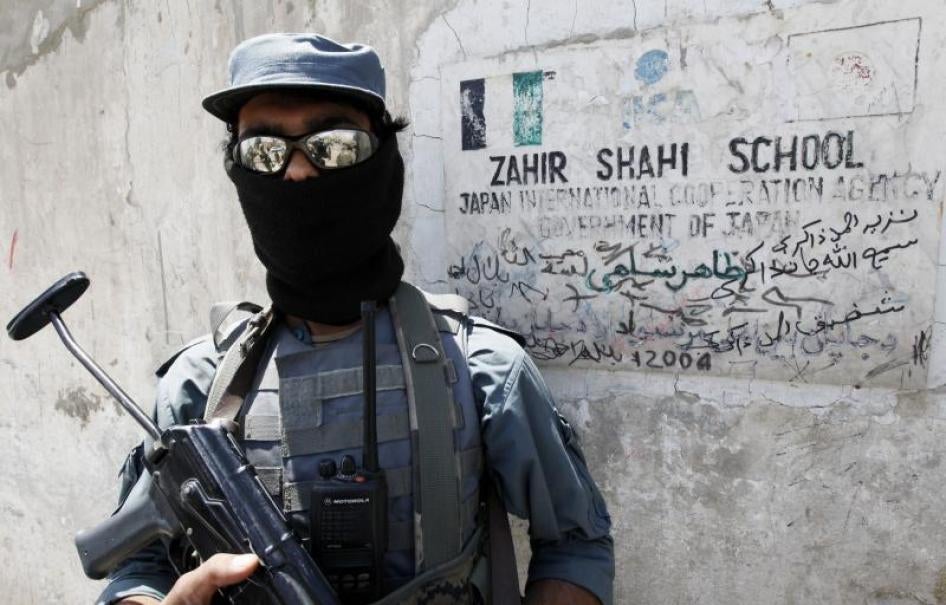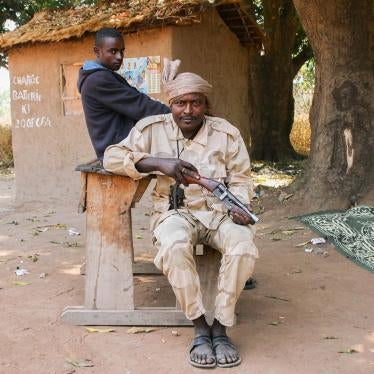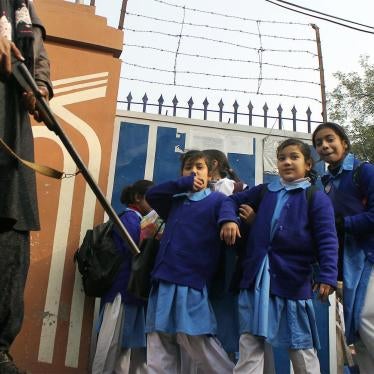Today marks the two-year anniversary of the Safe Schools Declaration, an inter-governmental political commitment by which countries express support for protecting students, teachers, schools, and universities from attack during times of war. The declaration was developed through consultations with countries in a process led by Norway and Argentina in early 2015, and was opened for endorsement at the Oslo Conference on Safe Schools on May 29, 2015.
By joining the Safe Schools Declaration, countries commit to undertake several common sense steps to make it less likely that students, teachers, schools, and universities will be attacked, and to mitigate the impact of attacks that occur. These include:
- collecting reliable data on attacks and military use of schools and universities;
- assisting victims of attacks;
- investigating violations of national and international law and prosecuting perpetrators;
- developing and promoting “conflict sensitive” approaches to education;
- seeking to continue education during armed conflict;
- supporting the United Nation’s work on the children and armed conflict agenda; and
- using guidelines to protect schools and universities from military use, and bringing them into domestic policy and operational frameworks.
So far 65 countries – one-third of the world’s countries – have endorsed the declaration, including many affected by armed conflict.
But it’s not just the number of supporters that indicates the success of the Safe Schools Declaration; it’s best seen in the concrete changes that it is bringing about.
Several countries have made explicit plans to implement protections for schools from military use in their military trainings and doctrine. Militants using schools in the Central African Republic are being pressured to leave so students can go for classes again. In Afghanistan, the education ministry has used the declaration to advocate for the removal of military checkpoints and bases from schools. Nigeria is enhancing school security. Somalia’s defense ministry has expanded its child protection unit, and charged it with ensuring student safety. Non-state armed groups in Africa, Asia, and the Middle East have been trained in how to protect schools from military use. In the Democratic Republic of Congo, monitoring and reporting on attacks on schools has improved. And in March in Buenos Aires, representatives from 85 countries met to plan what more could be done in the years to come.
The Safe Schools Declaration is already making students safer. No wonder then that last week the UN Secretary-General urged all countries to endorse the declaration. Let’s see that they do.










